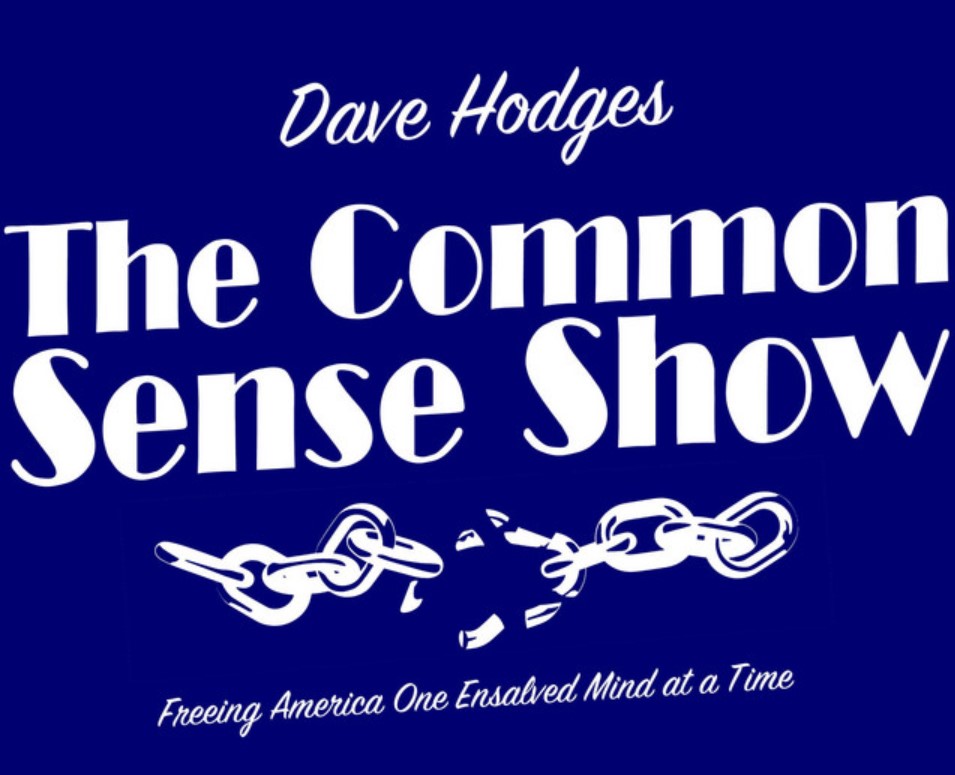Former Thatcher Speech Writer and Insider Breaks down what’s really behind Russia and Epstein Scandals
Geoff Gilson, former speechwriter for Margaret Thatcher, joined Dave Hodges on The Common Sense Show to dissect the deeper layers connecting the Russia and Epstein scandals. While most of the public narrative is shaped by headline-grabbing moments, Gilson urged listeners to look beyond the surface drama and examine the strategic patterns, relationships, and long-term objectives that underpin both situations.
Gilson began by framing Russia’s role not simply as an adversary in geopolitical theater, but as a calculating player in a much larger game involving influence, leverage, and the careful cultivation of assets over decades. He described how Moscow uses a mix of hard power—military force, cyberwarfare, energy dominance—and soft power—disinformation, financial inducements, and kompromat—to extend its reach into Western political, business, and cultural circles.
British Role in Afghanistan in 1980’s
Gilson had a bit of breaking old news in the interview. At the center of his claims are claims that arms dealing in the 1980’s represented a flashpoint of global corruption. U.S. weapons were trafficked into Pakistan and it was British troops who transported them into neighboring Afghanistan because they were forbidden from going in to that country.
The Epstein scandal, in Gilson’s analysis, fits into this broader pattern of how influence operations are run. While Epstein is widely seen as an isolated figure of depravity, Gilson argued that his network—its recruitment methods, control mechanisms, and protection from prosecution for years—bears striking resemblance to classic intelligence operations. The pattern suggests that key players in the West, whether knowingly or unknowingly, may have been compromised, thereby creating vulnerabilities ripe for exploitation by foreign and domestic power brokers.
Gilson emphasized that both the Russia and Epstein sagas reveal how certain individuals and institutions are shielded from accountability when they serve a higher strategic purpose. In Russia’s case, the goal is to secure strategic concessions and weaken opponents from within. In the Epstein case, the protection of his network may have served to preserve valuable channels of leverage over high-profile individuals.
fortunesnake demoAs the conversation unfolded, Gilson connected these dynamics to ongoing political realities. He noted that the public’s tendency to treat scandals as separate, unrelated events blinds them to how influence is really wielded. The common thread, he argued, is not the personalities involved but the systems of control—financial dependency, political blackmail, and media manipulation—that allow such figures to operate with impunity.
Turning to current affairs, Gilson speculated on how these long-standing patterns could influence international negotiations, domestic policymaking, and even upcoming elections. Russia’s involvement in global affairs is rarely about the immediate win, he said, but rather about positioning itself to reap benefits years down the line. Similarly, networks like Epstein’s are valuable not for the public scandal they eventually generate, but for the quiet, ongoing leverage they provide over decision-makers.
Hodges Doesn’t Care where the truth leads
Gilson also addressed the role of intelligence agencies—both friendly and adversarial—in managing, exploiting, or concealing these scandals. Intelligence work, he noted, is not always about neutralizing threats; sometimes it’s about letting them operate if they serve a greater strategic objective. That means the public is often left with a curated version of events, while the real story remains buried under layers of secrecy.
For listeners, Gilson’s takeaway was stark: if you want to understand the truth behind events like the Russia-Ukraine war, the Alaska Summit, or the Epstein scandal, don’t just watch the visible theater. The real action is in what happens afterward—who gains power, who retains leverage, and who walks away untouched. In both the geopolitical and domestic arenas, the players who control the levers of influence rarely appear center stage.
By drawing these parallels, Gilson painted a picture of a world in which scandals are not just moments of moral failure, but tools in a larger game of power politics. The public may see them as isolated eruptions of corruption, but for those pulling the strings, they are carefully managed assets in a long-term strategy of control.
In closing, Gilson’s discussion with Hodges underscored the importance of critical thinking and pattern recognition. Whether it’s Russia’s slow, methodical pursuit of geopolitical advantage or the quiet endurance of networks like Epstein’s, the signals are there for those willing to look past the headlines. The truth, he suggested, is rarely in the spectacle—it’s in the shadows.


